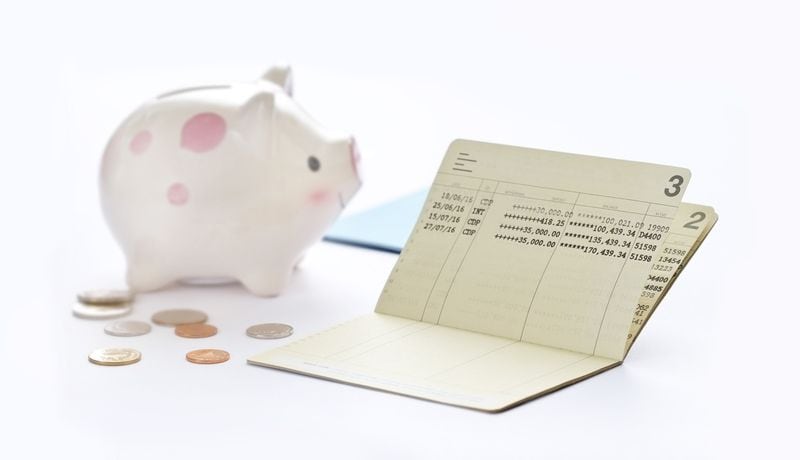If you're a parent, you're probably used to your children's pleas to buy them something, whether it's toys, candy or bigger ticket items.
Instead of feeling like a callous parent for not giving in to their begging, consider a way to turn their requests into a teachable moment.
Children need steady guidance from their parents to lead them on solid paths to secure financial futures. So, it's never too early to begin teaching your children the value of money.
Start with these six ideas on teaching your kids a lesson on money that will help them beyond their childhood:
Giving
Plan a family project to help others in need. All year round, there are food pantries and thrift stores in every community in need of donations. Consumer expert Clark Howard hosts many charity endeavors throughout the year through Clark Cares. Many families pack shoeboxes for donation to Operation Christmas Child, which are distributed to children in need around the world. Parents and children can shop for items together or donate gently used clothing.
Saving
Take your children to the bank or credit union with you, according to BabyCenter.com. Many banks and credit unions have no-fee accounts for children and offer educational materials and online activities.
Paying
Let your children help you pay the bills. You can explain how each one pays for the water, lights, mortgage or rent and computer. Once your children know the cost of electricity, they may be more cooperative about turning out the light when they leave a room.
Earning
Encourage your children to earn their own money. They can help sell clothes and toys they've outgrown at a family yard sale or do extra chores around the house. And, of course, there's the tried-and-true lemonade stand.
Shopping
Once they've started earning money, encourage your children to shop with their own money (while still saving some, of course). Yard sales, thrift shops and consignment stores are great places for your children to find books, toys and clothes at lower costs than retail stores and can also teach them the value of reusing and recycling. The Childhood Development Institute recommends using larger purchases to teach them joys of delayed gratification.
Playing games
Board games that involve keeping track of money, like Monopoly or Life, can be an engaging way for children to learn about money. The Money Matters game from the late financial expert Larry Burkett is still a valuable tool for children. MyCreditUnon.gov offers several educational games. Other online game sites include Money and Stuff, Fat Cat and The Great Piggy Bank Adventure, developed by Walt Disney Imagineering and T. Rowe Price, a global financial management firm.






